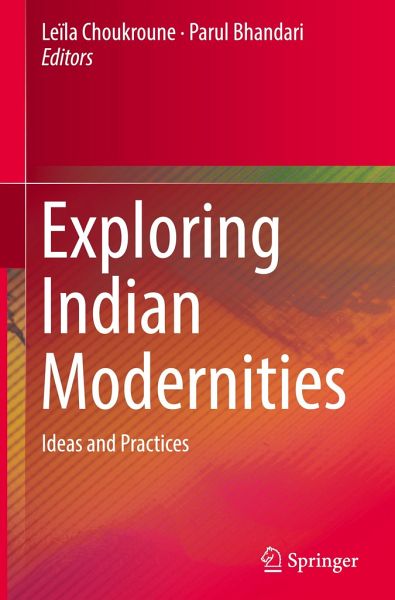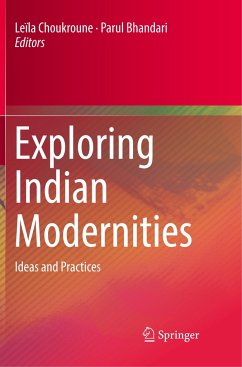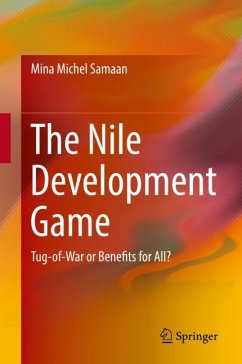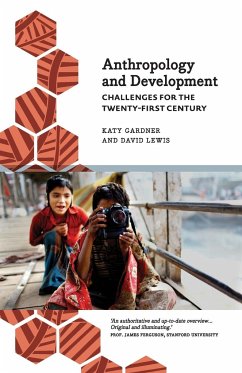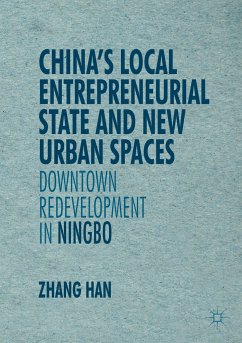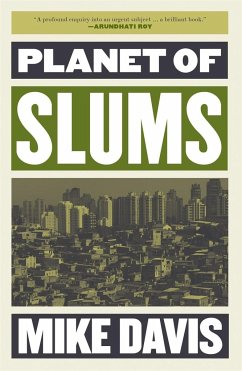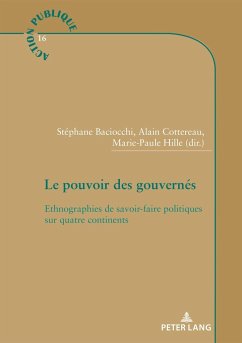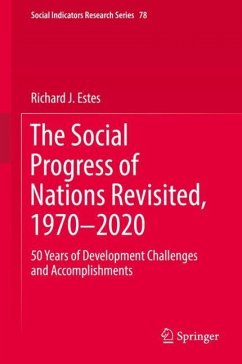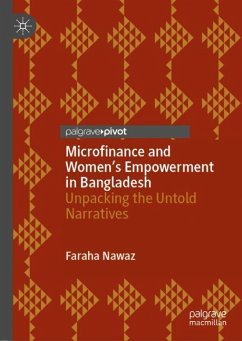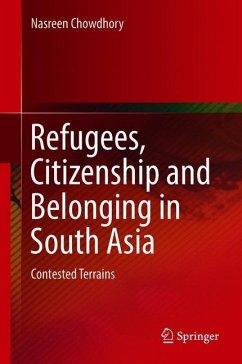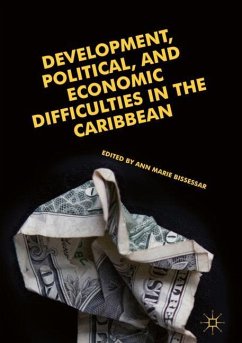Prof. Leïla Choukroune is Director of the Centre for Social Sciences and Humanities (CSH), New Delhi India, the French National Research Centre (CNRS) Unit on South Asia. She is a visiting Professor at the World Trade Institute (Bern), the University Paris II Panthéon-Assas, the Trade Policy Training Centre in Africa (Arusha, Tanzania), the China-EU School of Law (Beijing), and the University of Geneva. When associate Professor of international economic law with the Faculty of Law of the University of Maastricht in the Netherlands, she was Deputy Director of the Institute for Globalization and International Regulation (IGIR) and Director of the Advanced Master in international economic law. Her research focuses on the interactions between trade, investment and human rights and is applied to emerging countries, China and India in particular. She has published numerous scientific articles and authored several books including (with Sangeeta Khorana) Global Healthand the Emerging World: An Integrated International Trade Approach, (Springer, forthcoming 2015). She is the Editor of the Springer book series International Law and the Global South and member of the Editorial Board of China Perspectives. Leïla Choukroune is regularly solicited as an independent expert on international economic law and business and human rights issues. She is an independent adviser to the International Federation for Human Rights (FIDH) and a Member of the French National Books Commission (CNL). Before taking the responsibility of the CSH directorship, she was Associate Professor with the Law Faculty of Maastricht University, Assistant Professor with HEC Paris, Consultant with the OECD, Lecturer with Paris I Panthéon-Sorbonne and Researcher with the French Centre for Research on Contemporary China (CEFC) in Hong Kong. She holds a Doctorate in international law (Summa cum laude - highest honor) from the University Paris I Panthéon Sorbonne and is a qualified lawyer to the Paris Bar. She is fluent in French, English and Spanish, speaks Chinese and German and learns Hindi. Parul Bhandari is currently a Visiting Scholar at St. Edmund's College and the Centre for South Asian Studies (CSAS), University of Cambridge. She is also an affiliated to the Centre of Social Sciences and Humanities (CSH), the South Asia research unit for the French National Centre for Research (CNRS), where she previously was a Post Doctoral Fellow (2014-2016). She has held Guest Faculty positions at the Department of Sociology, Delhi School of Economics, and the Indian Institute of Technology, (IIT, Delhi). Dr. Bhandari completed her PhD in Sociology from the University of Cambridge in 2014. Her PhD was supported by the Cambridge Commonwealth Trust. Her main research interests lie in the field of social class, gender, marriage, and family. Her doctoral thesis explained the makings of middleclass identities through the processes of spouse-selection. For her post-doctoral research she has shifted attention to the study of elites, particularly the rich housewives of Delhi, focusing on their relationship with money and exploring the themes of honour and humiliation in their everyday lives. Dr. Bhandari has written widely on gender, family and marriages including book chapters, journal articles, and articles in newspapers and magazines. She also has two forthcoming book monographs.
